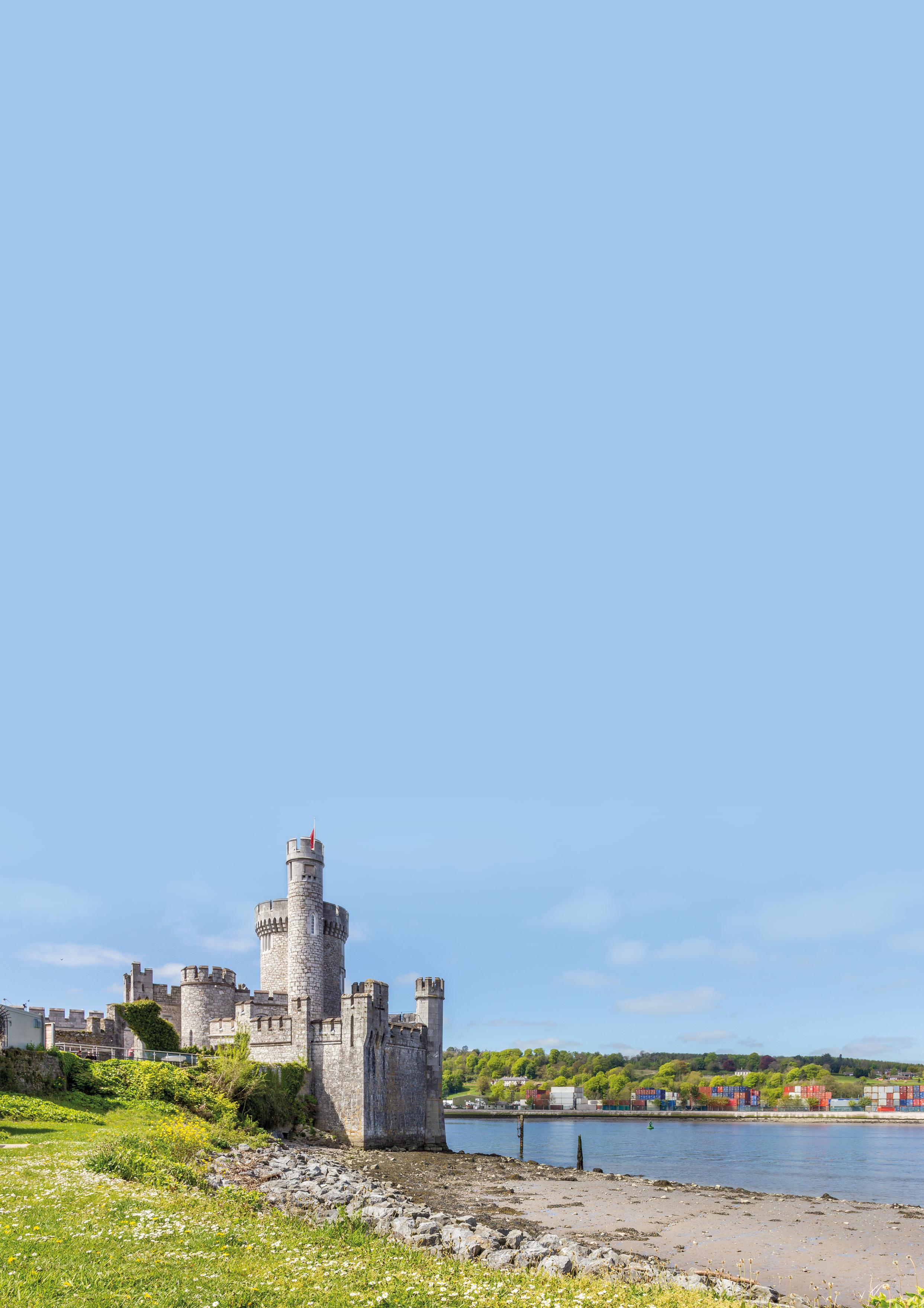
2 minute read
IRELAND’S CITY OF CULTURE
Tina Coy, Chair of the Cork Chapter, looks to the future of the city
In 2005, Cork was named the European Capital of Culture, a designation that saw the city organise many incredible events that I remember to this day. Never a subdued city, it felt like Cork was alive 24/7 in 2005, with a seemingly never-ending series of experiences on offer.
Never people to miss an opportunity, Cork used this designation to help foster considerable economic benefits by way of tourism, cultural capital, and regeneration of urban, residential, and industrial areas.
A hub for tourists, activities in Cork aren’t limited solely to the famous annual jazz festival, but also with the galleries, museums, theatres, music, and of course the thriving arts scene. One of the main reasons I’m looking forward to lockdown restrictions being lifted is a return to the regular calendar of festivals and cultural programmes.
These cultural aspects form such an important part of our identity, and economy through tourism, that I was thrilled with the announcement in March 2021 from Minister Martin. The Minister for Tourism, Culture, Arts, Gaeltacht, Sport and Media, Catherine Martin TD, launched the Music and Entertainment Business Assistance Scheme (MEBAS) on the 9th June this year.
The MEBAS comprises a €14m fund that will be available to businesses in sectors that have been most seriously impacted by COVID-19. This is in addition to other financial support schemes that are available for affected businesses.
Previous concerns have centred around whether the smaller players – artists and musicians – would be able to benefit from the fund, and I was pleased to see that they have not been forgotten. Sadly, the amount of support isn’t as high as some might like, ranging from €2,500 - €5,000 one off payments for recipients, however I am pleased to see that this neglected area has been recognised as one worthy of additional support, as it forms part of a €50m support package for those working in the live entertainment sector.
I have always enjoyed living in this vibrant city, and I believe that its cultural identity will continue to play a pivotal role in the development of the area and its people far into the future.
Constructing Cork
It was a relief to hear in March that the government has green-lit a €405m investment package for Cork Docklands, of which €50m will be spent on improvements in the city-centre.
As anyone in Cork will know, the docklands site was one of the largest brownfield regeneration sites in Europe, and the opportunities offered by the €355m docklands regeneration package will be enormous for the city, which is anticipated to be the fastest growing in Ireland over the next 20 years.
Of course, investment on this scale will demand more people, so it is good that the plans for the dockland’s redevelopment include housing for over 25,000 and the facilities and infrastructure to support them. The transformative effect of this scheme for the area is difficult to overstate.
I will be expecting outside investment, increased influx from tourists, even more cultural events, greater opportunities for those who may be disadvantaged, and of course wide business and economic growth.
Although things have been changing, Dublin has always acted as a draw for the youth and talent of the nation, but I believe that the coming investments and improvements in our incredible city, will position it as a genuine alternative and competitor to Dublin.










